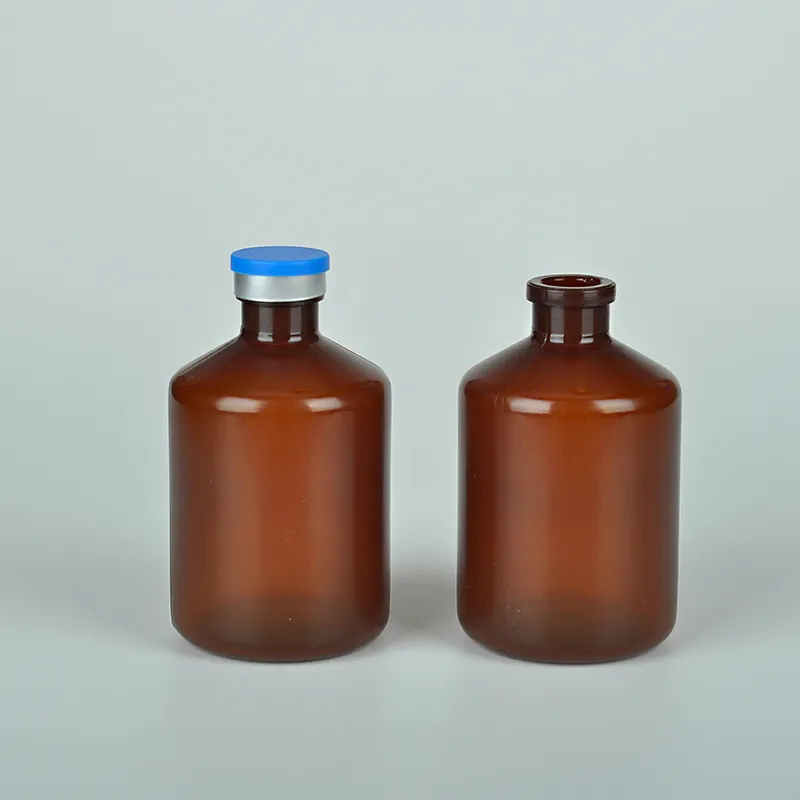
-
 Afrikaans
Afrikaans -
 Albanian
Albanian -
 Amharic
Amharic -
 Arabic
Arabic -
 Armenian
Armenian -
 Azerbaijani
Azerbaijani -
 Basque
Basque -
 Belarusian
Belarusian -
 Bengali
Bengali -
 Bosnian
Bosnian -
 Bulgarian
Bulgarian -
 Catalan
Catalan -
 Cebuano
Cebuano -
 Corsican
Corsican -
 Croatian
Croatian -
 Czech
Czech -
 Danish
Danish -
 Dutch
Dutch -
 English
English -
 Esperanto
Esperanto -
 Estonian
Estonian -
 Finnish
Finnish -
 French
French -
 Frisian
Frisian -
 Galician
Galician -
 Georgian
Georgian -
 German
German -
 Greek
Greek -
 Gujarati
Gujarati -
 Haitian Creole
Haitian Creole -
 hausa
hausa -
 hawaiian
hawaiian -
 Hebrew
Hebrew -
 Hindi
Hindi -
 Miao
Miao -
 Hungarian
Hungarian -
 Icelandic
Icelandic -
 igbo
igbo -
 Indonesian
Indonesian -
 irish
irish -
 Italian
Italian -
 Japanese
Japanese -
 Javanese
Javanese -
 Kannada
Kannada -
 kazakh
kazakh -
 Khmer
Khmer -
 Rwandese
Rwandese -
 Korean
Korean -
 Kurdish
Kurdish -
 Kyrgyz
Kyrgyz -
 Lao
Lao -
 Latin
Latin -
 Latvian
Latvian -
 Lithuanian
Lithuanian -
 Luxembourgish
Luxembourgish -
 Macedonian
Macedonian -
 Malgashi
Malgashi -
 Malay
Malay -
 Malayalam
Malayalam -
 Maltese
Maltese -
 Maori
Maori -
 Marathi
Marathi -
 Mongolian
Mongolian -
 Myanmar
Myanmar -
 Nepali
Nepali -
 Norwegian
Norwegian -
 Norwegian
Norwegian -
 Occitan
Occitan -
 Pashto
Pashto -
 Persian
Persian -
 Polish
Polish -
 Portuguese
Portuguese -
 Punjabi
Punjabi -
 Romanian
Romanian -
 Russian
Russian -
 Samoan
Samoan -
 Scottish Gaelic
Scottish Gaelic -
 Serbian
Serbian -
 Sesotho
Sesotho -
 Shona
Shona -
 Sindhi
Sindhi -
 Sinhala
Sinhala -
 Slovak
Slovak -
 Slovenian
Slovenian -
 Somali
Somali -
 Spanish
Spanish -
 Sundanese
Sundanese -
 Swahili
Swahili -
 Swedish
Swedish -
 Tagalog
Tagalog -
 Tajik
Tajik -
 Tamil
Tamil -
 Tatar
Tatar -
 Telugu
Telugu -
 Thai
Thai -
 Turkish
Turkish -
 Turkmen
Turkmen -
 Ukrainian
Ukrainian -
 Urdu
Urdu -
 Uighur
Uighur -
 Uzbek
Uzbek -
 Vietnamese
Vietnamese -
 Welsh
Welsh -
 Bantu
Bantu -
 Yiddish
Yiddish -
 Yoruba
Yoruba -
 Zulu
Zulu
Exploring Excess Inventory of Laboratory Supplies for Optimal Utilization and Cost Efficiency Strategies
Surplus Lab Supplies A Valuable Resource for Sustainability and Innovation
In today's fast-paced scientific landscape, laboratories play a crucial role in research and development across various fields, from pharmaceuticals to environmental science. However, the procurement and management of laboratory supplies often lead to surplus inventory that can be a double-edged sword. On one hand, surplus lab supplies can represent wasted funds and space; on the other, they can serve as a valuable resource that promotes sustainability and innovation within the scientific community.
Surplus lab supplies arise from several factors, including over-ordering, changes in research direction, expired materials, or even the closing of projects. Common items that often become surplus include reagents, consumables, glassware, and equipment that still have utility but are no longer needed for a particular project. This surplus not only ties up financial resources but also contributes to environmental waste if not handled properly.
One significant advantage of managing surplus lab supplies is the opportunity for resource optimization. Laboratories can streamline their operations by identifying surplus materials and finding alternative uses for them. For instance, expired reagents that are still effective for certain applications can be repurposed for educational purposes, training sessions, or even smaller-scale research projects. By re-evaluating the lifecycle of these materials, labs can reduce waste while simultaneously fostering a culture of creative problem-solving among their researchers.
surplus lab supplies

Moreover, surplus lab supplies can be channeled toward collaborative efforts with educational institutions or community organizations. Many schools and colleges lack the funding to acquire essential lab supplies for their science programs. By donating surplus materials, organizations can bridge the funding gap and provide students with hands-on experience in scientific inquiry. This not only benefits the educational sector but also enhances the lab’s visibility within the community, creating a positive public image and strengthening relationships with future scientists.
Another innovative approach to surplus lab supplies is the establishment of online platforms for resource sharing. Various initiatives exist where laboratories can list their surplus items, allowing other researchers or institutions to acquire these materials at reduced or no cost. This ‘sharing economy’ model promotes collaboration across institutions, encourages local networking, and reduces the overall need for new purchases, thus minimizing environmental impact. Such platforms not only facilitate the redistribution of resources but also foster a sense of community among scientists, breaking down silos within academia and industry.
It’s essential for laboratories to adopt a proactive approach to managing their surplus supplies. Regular audits of inventory can help identify items that may soon become surplus, enabling labs to adjust order quantities based on real-time usage. Additionally, training staff on sustainable practices and the importance of resource management can create a culture that prioritizes sustainability in lab operations. This can lead to innovative practices that partition resources wisely and minimize waste.
In summary, while surplus lab supplies can initially seem like a burden, they hold the potential to be transformed into a critical resource for sustainable practices and innovative partnerships. By repurposing, donating, and reselling surplus materials, laboratories can reduce waste, promote education, and contribute to a more sustainable future in research. Embracing the challenges and opportunities presented by surplus lab supplies can lead to not only financial savings but also a stronger, more collaborative scientific community that values resourcefulness and sustainability.
-
Premium Metal Dropper Bottle for Precise Dispensing 250ml & 1ml Options AvailableNewsJul.04,2025
-
20 ml Headspace Vials - High Quality Polyethylene & Plastic Vials for Lab UseNewsJul.04,2025
-
Small Bottle with Pipette - Precise Dispensing 100ml Pipette Bottles for Essential Oils & Lab UseNewsJun.24,2025
-
Acetic Anhydride Bottle for Accurate Dropper Measurement in Pharmacy Use High-Quality Dropper BottlesNewsJun.10,2025
-
Innovative PET Bottle Design for Juice – Unique Shapes & Customization OptionsNewsJun.10,2025
-
20 Pack Sterilized Petri Dishes – Assorted Sizes, High Quality Small Plastic Petri Dishes for Lab UseNewsJun.10,2025






















